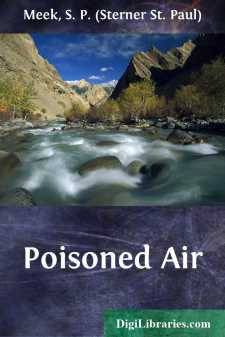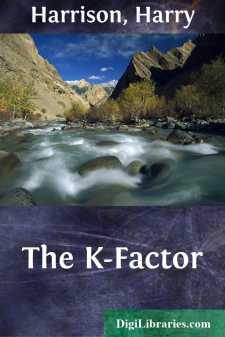Categories
- Antiques & Collectibles 13
- Architecture 36
- Art 48
- Bibles 22
- Biography & Autobiography 813
- Body, Mind & Spirit 142
- Business & Economics 28
- Children's Books 17
- Children's Fiction 14
- Computers 4
- Cooking 94
- Crafts & Hobbies 4
- Drama 346
- Education 46
- Family & Relationships 57
- Fiction 11829
- Games 19
- Gardening 17
- Health & Fitness 34
- History 1377
- House & Home 1
- Humor 147
- Juvenile Fiction 1873
- Juvenile Nonfiction 202
- Language Arts & Disciplines 88
- Law 16
- Literary Collections 686
- Literary Criticism 179
- Mathematics 13
- Medical 41
- Music 40
- Nature 179
- Non-Classifiable 1768
- Performing Arts 7
- Periodicals 1453
- Philosophy 64
- Photography 2
- Poetry 896
- Political Science 203
- Psychology 42
- Reference 154
- Religion 513
- Science 126
- Self-Help 84
- Social Science 81
- Sports & Recreation 34
- Study Aids 3
- Technology & Engineering 59
- Transportation 23
- Travel 463
- True Crime 29
The Great Drought
Categories:
Description:
Excerpt
"Is the maneuver progressing as you wish. Dr. Bird?" asked the Chief of the Air Corps.
The famous scientist lowered his binoculars and smiled.
"Exactly, General," he replied. "They are keeping a splendid line."
"It is the greatest concentration of air force that this country has ever seen," said General Merton proudly.
With a nod, Dr. Bird raised his glasses to his eyes and resumed his steady gaze. Five thousand feet below and two miles ahead of the huge transport plane which flew the flag of the Chief of the Air Corps, a long line of airplanes stretched away to the north and to the south. Six hundred and seventy-two planes, the entire First Air Division of the United States Army, were deployed in line at hundred-yard intervals, covering a front of nearly forty miles. Fifteen hundred feet above the ground, the line roared steadily westward over Maryland at ninety miles an hour. At ten-second intervals, a puff of black dust came from a discharge tube mounted on the rear of each plane. The dust was whirled about for a moment by the exhaust, and then spread out in a thin layer, marking the path of the fleet.
"I hope the observers on the planes are keeping careful notes of the behavior of those dust clouds," said Dr. Bird after an interval of silence. "We are crossing the Chesapeake now, and things may start to happen at any moment."
"They're all on their toes, Doctor," replied General Merton. "I understood in a general way from the President that we are gathering some important meteorological data for you, but I am ignorant of just what this data is. Is it a secret?"
Dr. Bird hesitated.
"Yes," he said slowly, "it is. However, I can see no reason why this secret should not be entrusted to you. We are seeking a means of ending the great drought which has ravaged the United States for the past two years."
Before General Merton had time to make a reply, his executive officer hastened forward from the radio set which was in constant communication with the units of the fleet.
"Two of the planes on the north end of the line are reporting engine trouble, sir," he said.
Dr. Bird dropped his glasses and sat bolt upright.
"What kind of engine trouble?" he demanded sharply.
"Their motors are slowing down for no explainable reason. I can't understand it."
"Are their motors made with sheet steel cylinders or with duralumin engine blocks?"
"Sheet steel."
"The devil! I hadn't foreseen this, although it was bound to happen if my theory was right. Tell them to climb! Climb all they know! Don't let them shut off their motors for any reason, unless they are about to crash. Turn this ship to the north and have the pilot climb—fast!"
A nod from General Merton confirmed the doctor's orders. The line of planes kept on to the west, but the flagplane turned to the north and climbed at a sharp angle, her three motors roaring at full speed. With the aid of binoculars, the two ships in trouble could be picked out, falling gradually behind the line. They were flying so slowly that it seemed inevitable that they would lose flying speed and crash to the ground....















